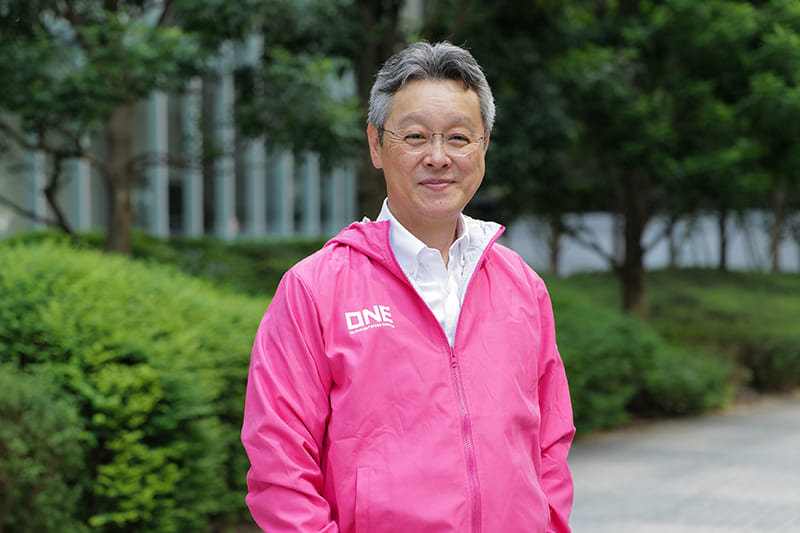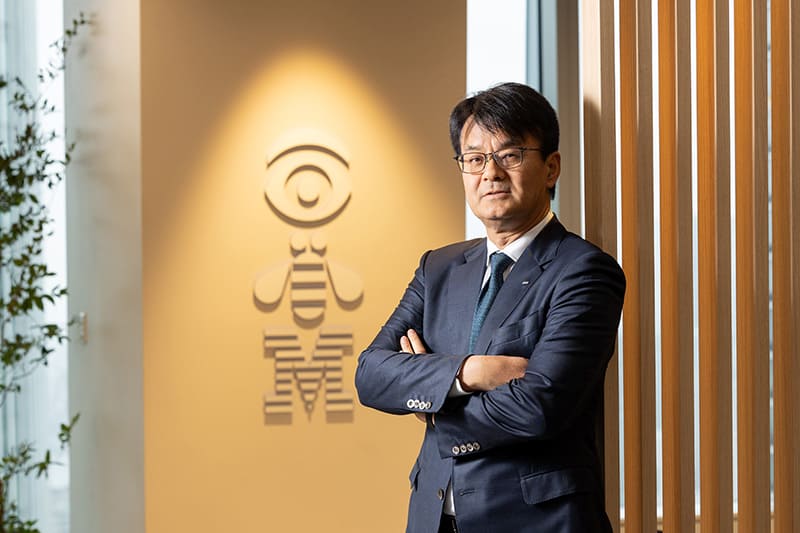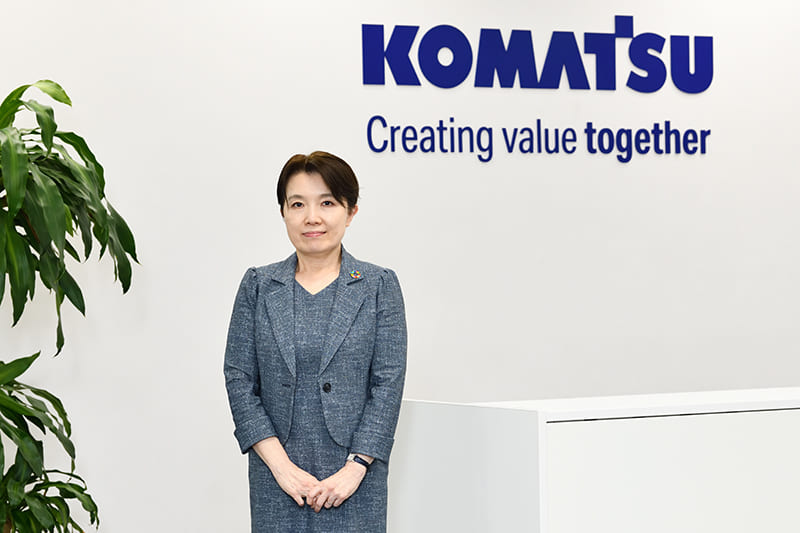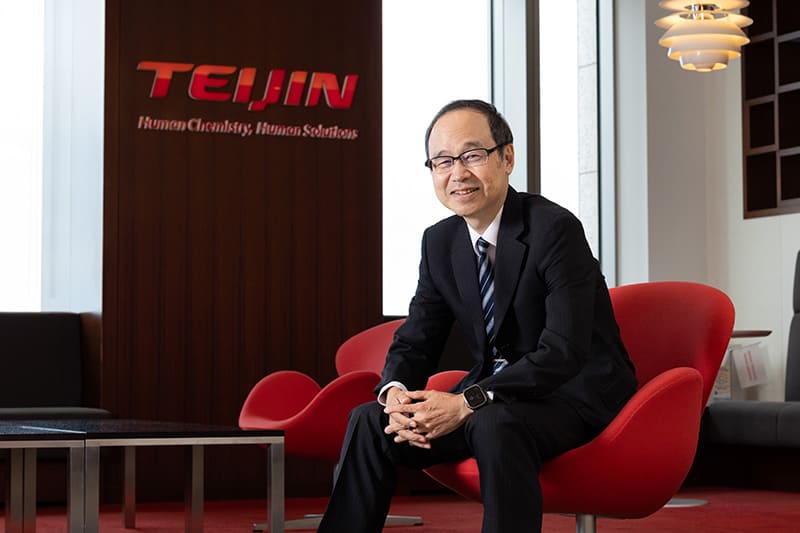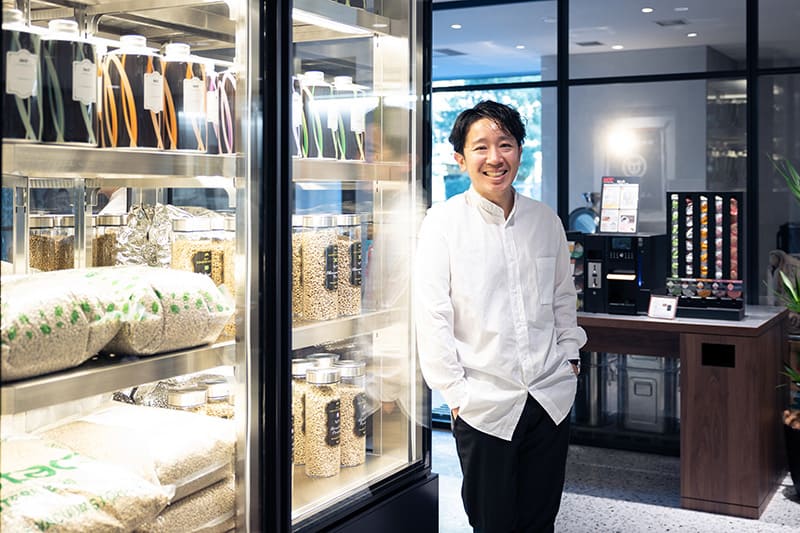December 18, 2023
Japan Tobacco sows seeds for a diversified future
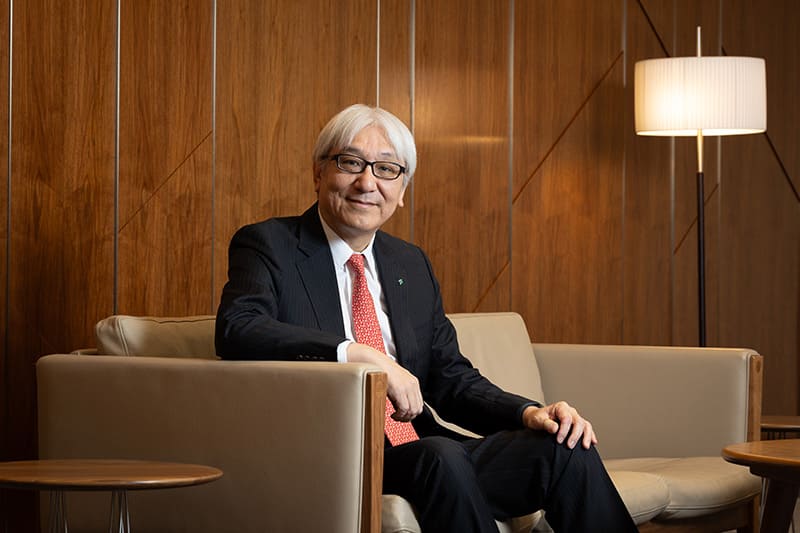
In the early 1990s, when Japan was experiencing a feeble economy after its boom went bust, Japan Tobacco Inc. released a forward-looking business philosophy.
The “4S” model was based on the four stakeholder groups of consumers, shareholders, employees and society. It looks familiar today because “stakeholder capitalism” has become a key term for business management. But at that time, many companies strived for higher revenues and profits based on shareholder capitalism instead.
In 1985, the former government-owned monopoly was privatized. In 1994, JT was listed on the stock exchanges in Tokyo and other cities, started to reconsider its approach to management and compiled the 4S.
“It means that our management philosophy should be providing fulfillment with good balance at a high level,” Mutsuo Iwai, chairperson of the board of Japan Tobacco, said in a recent interview, part of a monthly series by Naonori Kimura, a partner for the consulting firm Industrial Growth Platform Inc.
The company’s website says, “We always try to exceed the expectations of our four stakeholder groups wherever we can, based on the principles of the 4S model.”
For consumers, the philosophy means providing “exceptional products and services that deliver value beyond fulfillment of diverse needs and preferences,” the website says. For shareholders, the company aims to raise returns by achieving profit growth over the medium to long term, striking a balance between growth and returns. For employees, it aims to be an attractive place to work. To fulfill its responsibility as a member of society and contribute to sustainable development, the website says, JT will work with a range of stakeholders to solve various issues.
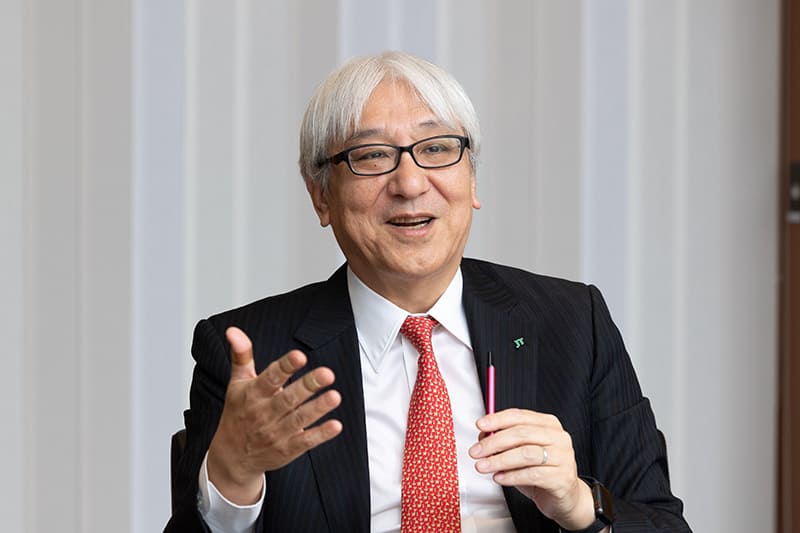
At the time when the philosophy was formed, Iwai said, “companies tended to pursue shareholder capitalism. But we thought that was not what we wanted to do.” Since then, the 4S model has been the basis for its decision-making and the center of its sustainability efforts, he added.
But as time passed, public criticism against smoking has become stronger, and governments around the world have come to place stricter rules on smoking and cigarette sales. The domestic tobacco market has been shrinking. According to the Tobacco Institute of Japan, cigarette sales totaled about ¥3.8 trillion in fiscal 1994 (equivalent to about $25 billion now) but declined to ¥2.5 trillion by last year.
As its domestic tobacco sales dwindled, the JT group acquired other companies overseas, making it the third-largest tobacco company in the world. The group acquired R.J. Reynolds’ non-U.S. tobacco business in 1999 and Gallaher Group PLC in 2007. It also bought companies in countries including Russia, the Philippines and Indonesia. Today, more than half of the group’s sales come from foreign markets.
The group has also diversified its business portfolio. Today, its three pillars are tobacco, processed food and medicine. But the businesses other than tobacco are still rather nascent, with 91% of its overall revenue coming from tobacco, 5.9% from processed food and 3.1% from pharmaceuticals.
Partly to unite its group companies across the world, this year JT created its group purpose: “Fulfilling moments, enriching life.”
Expounding on the group purpose, Iwai said: “Tobacco is not a daily necessity, but something people favor. We have provided such products, and that’s our strength. People always want not only tobacco or cigarettes, but something to do with internal delight.”

“The group purpose is like our pole star that we continue to head toward as we continue our existing businesses as well as new businesses in the future,” he said.
Despite the uncertainty of the future, the tobacco maker has marked record earnings results. For the business year that ended in December 2022, its net profit rose 30.8% from the previous year to ¥443 billion on sales of ¥2.66 trillion, thanks to the yen’s sharp decline against the dollar and the rise in tobacco prices. For this business year, the firm expects a net profit of ¥460 billion.
Meanwhile, the company has sown seeds for the future. Iwai said one step is a collaboration with Kyoto University’s Institute for the Future of Human Society to study “delight” academically. The second one is to search and invest in potential technologies and businesses that could realize delightfulness in the future. It makes investments through its own fund and operates offices in locations including Singapore, Israel and Europe. The last step is to create new products. For example, in 2022 a subsidiary started to sell devices that look like e-cigarettes but do not contain nicotine or tar. Instead, they heat liquid inside a cartridge whose contents include caffeine or the dietary supplement GABA (gamma-aminobutyric acid), which when inhaled work to lower blood pressure and stabilize the user’s mental state.
These activities are conducted by an R&D team called D-Lab, consisting of about 40 young workers with a mission to find business seeds at home and abroad. “We aim to create businesses that can provide ‘delight’ for a time span of 20 to 30 years,” Iwai said.
In the long term, Iwai said, it is important to maintain the existing business while reaching for new opportunities based on the group purpose. As long as frontier cigarette markets that JT can invest in, such as in Africa and Asia, grow, the company will do its best there while also focusing on e-cigarettes. At the same time, it will also continue its efforts to diversify its businesses.
“Right now, 90% of our revenue is from tobacco. But the trend will change for sure. We hope we can raise the value of our overall business in the future,” Iwai said.
Naonori Kimura
Industrial Growth Platform Inc. (IGPI) Partner
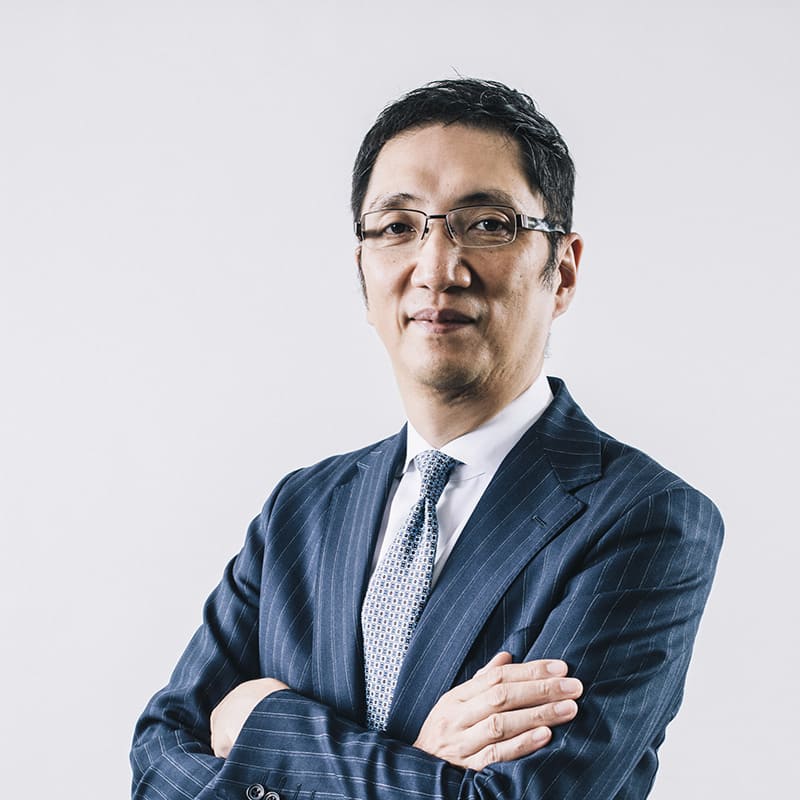
Japan Tobacco Inc., which was privatized in 1985, in 1994 created the “4S” model that has constituted its philosophical core. The 4S refers to four stakeholder groups: consumers, shareholders, employees and society. According to this management philosophy, striking a balance at a high level among various elements leads to sustainable improvement of the company.
Based on that, this year the company created its group purpose: “Fulfilling moments, enriching life.” In all of its major business segments, it aims to provide value that fulfills its customers and suits a society that is diverse and changing.
As for business development, now that it has become a fully global company through a series of mergers and acquisitions, it reflects diversifying values in its business management so that its employees across the world will feel it is easy to work for. Also, D-Lab explores how to provide value with a view to the long term. It not only searches for new businesses, but also studies fulfillment, which exactly meshes with the purpose.
The tobacco segment contributes to industrial growth in Africa, aiming to support the development of its global supply chains. In Japan, where there is a sense of stagnation, fulfillment is what people need. In that sense, I hope the sustainable future that JT is aiming at will be realized.


